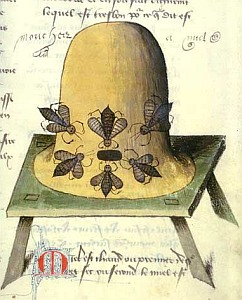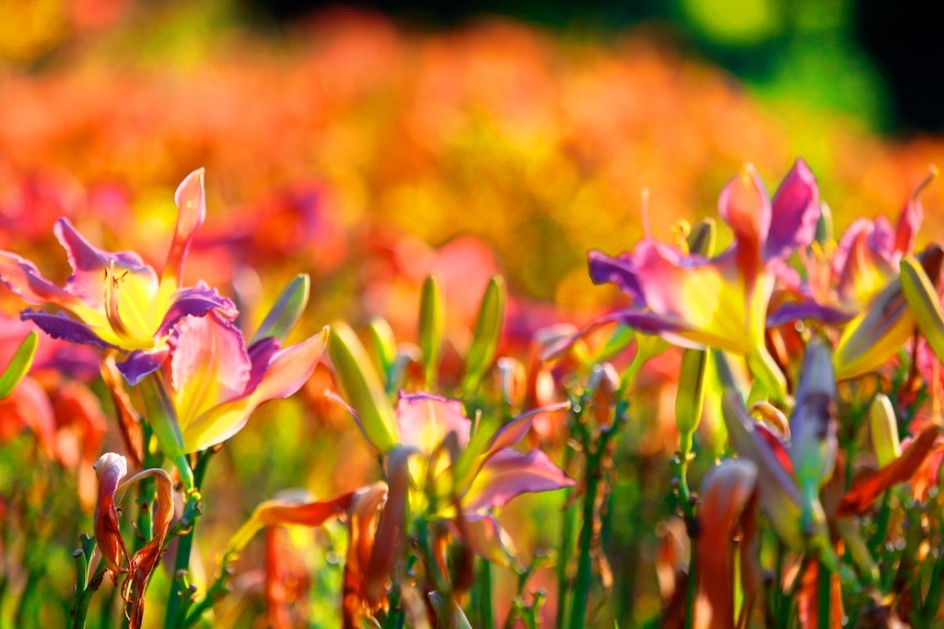
U.S. Senate
See Full Big Line
(D) J. Hickenlooper*
(R) Somebody
80%
20%

Governor
See Full Big Line
(D) Joe Neguse
(D) Phil Weiser
(D) Jena Griswold
60%
60%
40%↓

Att. General
See Full Big Line
(D) M. Dougherty
(D) Alexis King
(D) Brian Mason
40%
40%
30%

Sec. of State
See Full Big Line
(D) George Stern
(D) A. Gonzalez
(R) Sheri Davis
40%
40%
30%

State Treasurer
See Full Big Line
(D) Brianna Titone
(R) Kevin Grantham
(D) Jerry DiTullio
60%
30%
20%

CO-01 (Denver)
See Full Big Line
(D) Diana DeGette*
(R) Somebody
90%
2%

CO-02 (Boulder-ish)
See Full Big Line
(D) Joe Neguse*
(R) Somebody
90%
2%

CO-03 (West & Southern CO)
See Full Big Line
(R) Jeff Hurd*
(D) Somebody
80%
40%

CO-04 (Northeast-ish Colorado)
See Full Big Line
(R) Lauren Boebert*
(D) Somebody
90%
10%

CO-05 (Colorado Springs)
See Full Big Line
(R) Jeff Crank*
(D) Somebody
80%
20%

CO-06 (Aurora)
See Full Big Line
(D) Jason Crow*
(R) Somebody
90%
10%

CO-07 (Jefferson County)
See Full Big Line
(D) B. Pettersen*
(R) Somebody
90%
10%

CO-08 (Northern Colo.)
See Full Big Line
(R) Gabe Evans*
(D) Yadira Caraveo
(D) Joe Salazar
50%
40%
40%

State Senate Majority
See Full Big Line
DEMOCRATS
REPUBLICANS
80%
20%

State House Majority
See Full Big Line
DEMOCRATS
REPUBLICANS
95%
5%
 June 18, 2015 09:27 AM UTC
June 18, 2015 09:27 AM UTC 9 Comments
9 Comments

 A number of impacts to species – including pollinators – are likely from a changing climate as human-induced global warming accelerates.
A number of impacts to species – including pollinators – are likely from a changing climate as human-induced global warming accelerates.  The Pope is making big news by declaring the Church’s engagement addressing Climate Change. His service is exemplary and the importance of his Encyclical cannot be downplayed. But the service of even the smallest of creatures is also of profound significance.
The Pope is making big news by declaring the Church’s engagement addressing Climate Change. His service is exemplary and the importance of his Encyclical cannot be downplayed. But the service of even the smallest of creatures is also of profound significance.
Have you asked His Holiness what he thinks of abortion and gay marriage?
He's been pretty clear on both. He's also clear on where the church should focus its efforts, and it's on the broad problems of inequality and injustice – of caring for each other and our society – not the narrow religious stigmas of abortion and gay marriage.
But abortion and homosexuality are still sins in the eyes of the Pope. You can't deny that.
You are just so half-hearted lately Moldy. You'll accept that religion is important in regulating some forms of human activities but not others. How original of you. Anything to change the subject from what leeches on the future your fossil fuel kind are.
…as is gluttony, greed, divorce and adultery. Your point?
So are many other things. As Michael has pointed out below, the Pope's answer is pretty much the same as that of Jesus: "let he who is without sin throw the first stone". If you're Catholic – or even if you're interested in the words of a leader of Christianity generally – the Pope asks the world to concentrate on helping our fellow world citizens and being good stewards of God's Creation rather than on accumulating riches or castigating sin.
Now Moddy, the Santorum Two-Step is a dog that doesn't hunt much with anyone that has more than one firing neuron. Yes, let's do talk about life…in its totality. As for 'the gay'…I think he's spoken clearly: "Who am I to judge?".
He's spoken quite clearly about gays and marriage.
Republican militancy about abortion shows its ugly face every day: you guys love the fetus, but if it's a poor baby that doesn't have food or clothes or vaccines, you couldn't care less. And, if I get this right, if the mother was raped by someone, including her own father, you feel she should have that baby as well.
Excellent diary, PK. Bees are special creatures, and we need them for our survival.
Moderatus, nice attempt at misdirection, but you really should try to address what the diary is about.
Do you think climate change is a hoax? What will you recommend that we do to stop the bees, bats, and hummingbirds dying off? Pollinate plants by hand? Is that the Republican jobs plan?